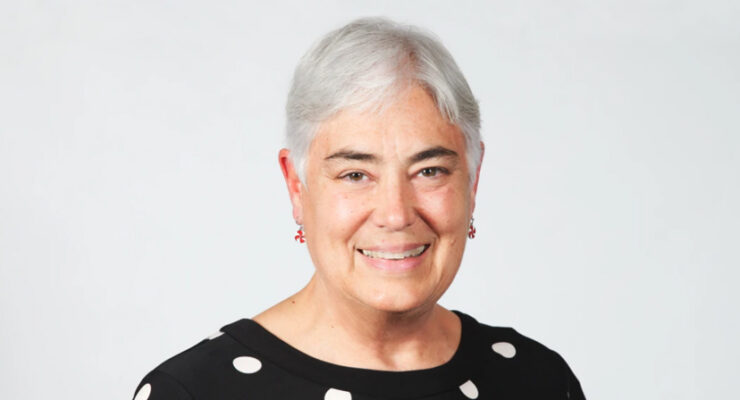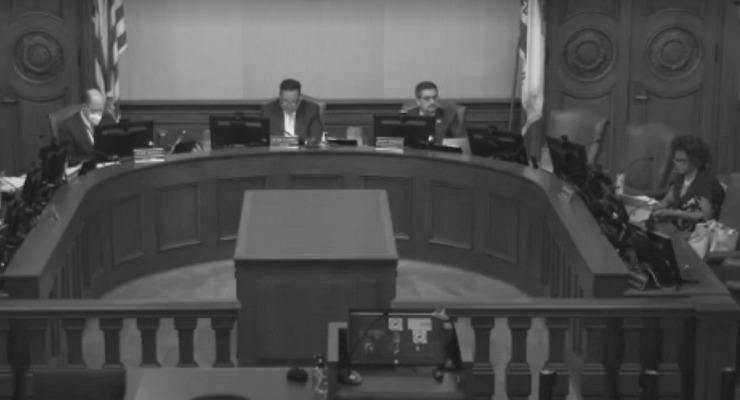 Caltech’s Resnick Sustainability Institute has honored five innovators with creative solutions to cutting CO2 emissions. Recognizing the need for substantial reductions in greenhouse gas emissions to reduce the risks of climate change, this year’s recipients of the Resonate Awards for sustainability have developed an array of technologies aimed at cutting the largest sources of them.
Caltech’s Resnick Sustainability Institute has honored five innovators with creative solutions to cutting CO2 emissions. Recognizing the need for substantial reductions in greenhouse gas emissions to reduce the risks of climate change, this year’s recipients of the Resonate Awards for sustainability have developed an array of technologies aimed at cutting the largest sources of them.
The honorees have addressed three key areas in which technological innovations can have a significant impact on reducing energy-related emissions that are driving climate change.
1. Tackling inefficiencies in current systems is the goal of two of the recipients, who have developed new materials and technologies that can cut energy use and the associated C02 emissions. One breakthrough enables smart windows for better building energy management and another dramatically reduces the energy required for cellular networks and devices.
2. A second focus is on innovations that make possible clean energies which emit no C02. These include new battery, solar, and fuel cell advancements facilitating adoption of alternative fuels and transportation technologies.
3. A third, and often overlooked way of attachking C02 emissions, is in the strategic use of waste as a resource. Here, one of the awardees has targeted industrial processes that put out a lot of C02 waste (such as steel manufacturing). His team has created a new process that consumes waste C02 from flue gas along with an industrial byproduct that would have otherwise been land-filled to make a valuable industrial product.
“These talented scientists are producing innovations that make a tremendous positive impact on the environment. The goal of the Resonate Awards is to focus attention on creative people tackling these very tough problems,” said Harry Atwater, Howard Hughes Professor of Applied Physics and Materials Science and Director of the Joint Center for Artificial Photosynthesis, as well as the founder of the Resonate Awards program at Caltech’s Resnick Sustainability Institute.”
This year’s Resonate Award winners are (in alphabetical order):
Yi Cui (Stanford University, USA): Resonate Award recipient for engineering enhanced batteries and other sustainable energy related devices through innovations in nanotechnology.
Joel L. Dawson (Eta Devices, USA): Resonate Award recipient for innovations solving key power challenges in the cellular communications industry.
Tsutomu Ioroi (Research Institute of Electrochemical Energy / AIST, Japan): Resonate Award recipient for innovating enhanced materials for next-generation fuel cells.
Mika Järvinen (Aalto University, Finland): Resonate Award recipient for pioneering a CO2 sequestration process that converts a low-value steel- manufacturing by-product into a valuable resource for industry.
Delia J. Milliron (University of Texas at Austin, USA): Resonate Award recipient for leveraging nanomaterials to improve the carbon reduction capabilities of smart windows.
“The challenges in sustainability are becoming increasing visible on many fronts -– from the Vatican to new government agreements and plans in the lead up to the upcoming Paris Cop21 climate talks,” said Dr. Neil Fromer, Executive Director of the Resnick Sustainability Institute. “These awards shine a light on a wide range of new technology solutions designed to meet these challenges.”
About The Resnick Sustainability Institute
The Resnick Sustainability Institute is Caltech’s studio focused on those breakthroughs that can positively alter the sustainability of our world. It marries bold creativity and deep scientific knowledge to encourage orthogonal thinking and original ideas. The Institute works with some of the world’s top and emerging scientists – both at Caltech and beyond. Current projects include research into energy generation –- such as advanced photovoltaics, photoelectrochemical solar fuels, and cellulosic biofuels; energy conversion work on batteries and fuel cells; and energy efficiency and management such as fuel efficient vehicles, green chemical synthesis, thermoelectric materials, and advanced research on electrical grid control and distribution.
About Caltech
Caltech is a world-renowned research and education institution focused on science and engineering, where faculty and students pursue new knowledge about our world and search for the kinds of bold and innovative advances that will transform our future.
The scientific, engineering, and technological contributions of Caltech’s faculty and alumni have earned national and international recognition, including 33 Nobel Prizes. Caltech’s 300 professorial faculty members offer a rigorous science and engineering curriculum to approximately 1,000 undergraduates and 1,300 graduate students, providing one of the nation’s lowest student-to-faculty ratios.
Caltech’s 124-acre campus is located in Pasadena, California. The Institute manages the Jet Propulsion Laboratory (JPL) for NASA, and owns and operates large-scale research facilities such as the Seismological Laboratory and a global network of astronomical observatories that includes the Palomar Observatory and the W. M. Keck Observatory. Caltech is an independent, privately supported institution.














 0 comments
0 comments


